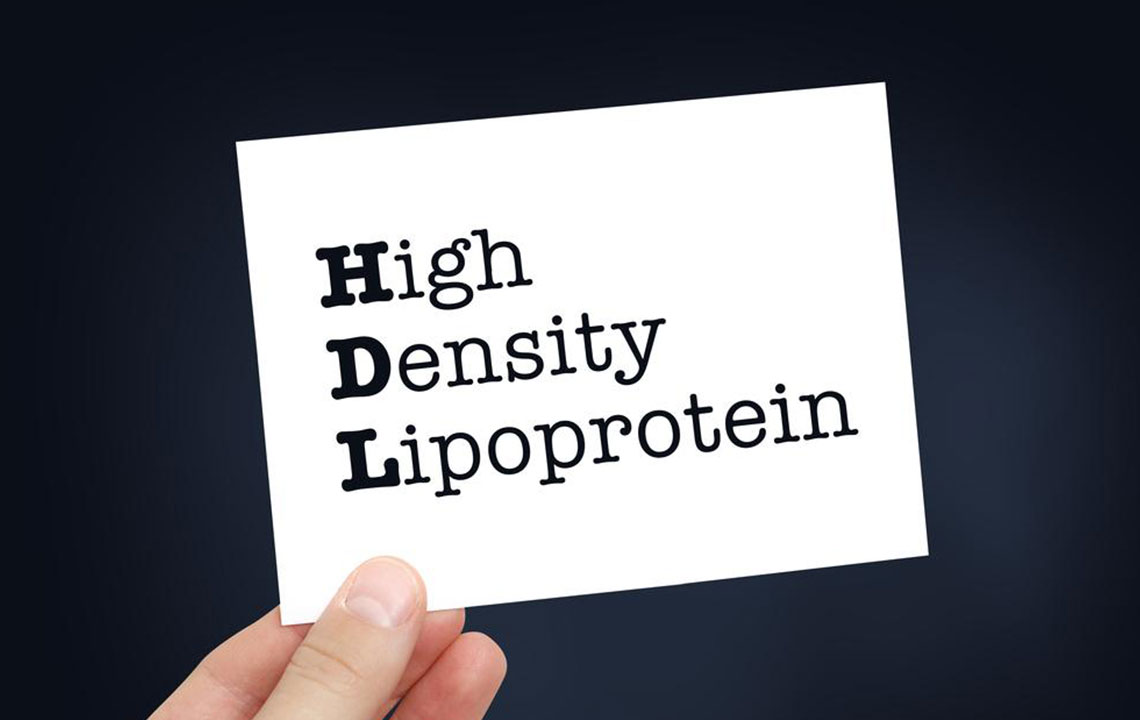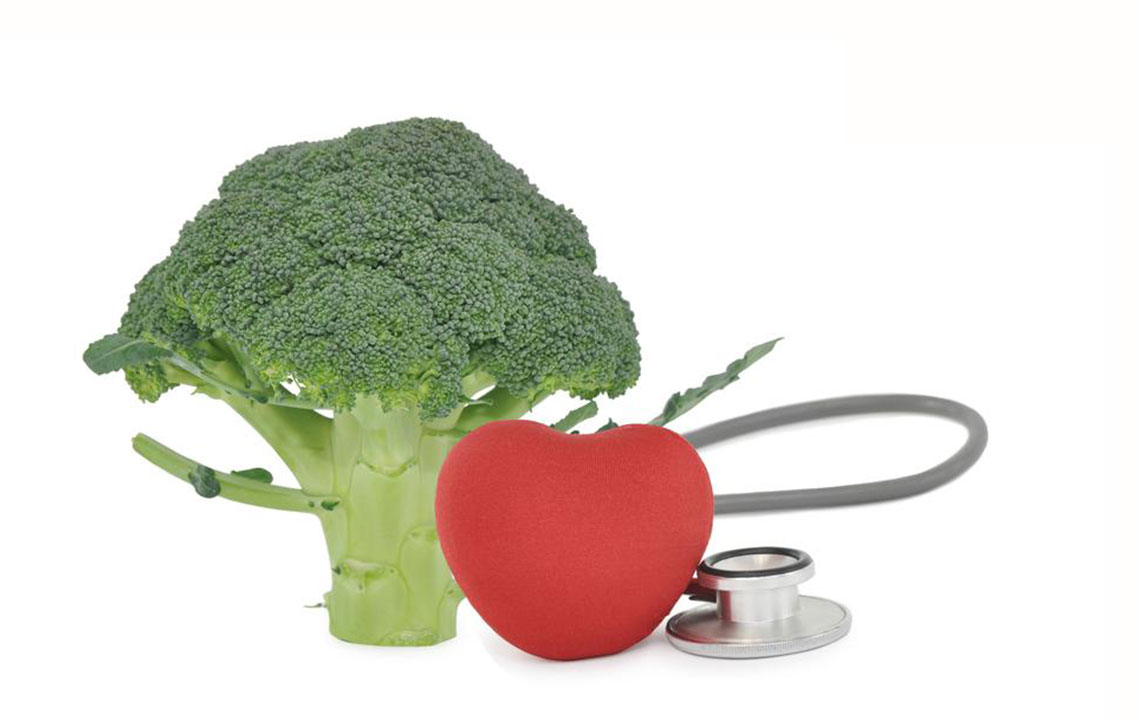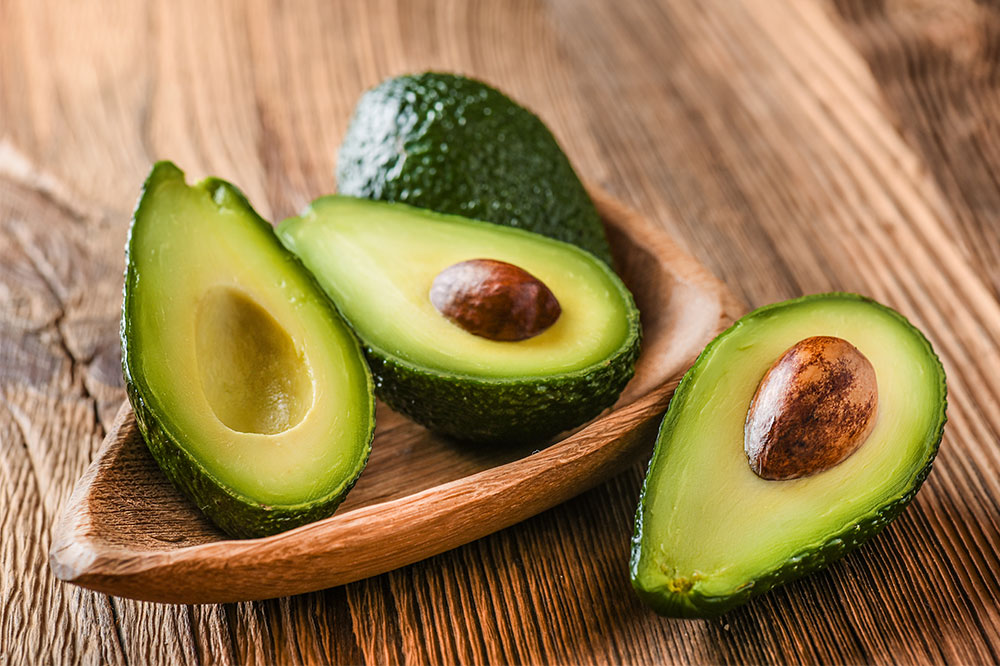Comprehensive Guide to Enhancing Heart Health Through Nutrition and Physical Activity
Enhance your heart health with comprehensive strategies involving nutritious eating habits and exercise routines. This detailed guide discusses the best foods to include and avoid, along with effective physical activities that strengthen the cardiovascular system. Adopting these lifestyle modifications can significantly lower the risk of cardiovascular diseases, improve blood pressure, cholesterol, and overall heart function, leading to a healthier life. Start making small, sustainable changes today for lasting cardiovascular health benefits.

Comprehensive Guide to Enhancing Heart Health Through Nutrition and Physical Activity
Heart health remains a critical concern worldwide, with cardiovascular diseases such as heart attacks, strokes, and hypertension ranking among the leading causes of death globally. While genetics play a role, lifestyle modifications—particularly diet and exercise—are fundamental in reducing the risk of developing serious heart conditions. This extensive guide explores evidence-based strategies to improve cardiovascular health by adopting a balanced diet rich in vital nutrients and engaging in regular physical activity tailored for a healthy heart. Incorporating these habits can significantly lower blood pressure, cholesterol levels, blood sugar, and body weight, ultimately fostering a robust cardiovascular system.
Key Dietary Strategies for a Healthy Heart
Proper nutrition forms the foundation of cardiovascular wellness. Focus on consuming a variety of nutrient-dense foods that provide essential vitamins, minerals, healthy fats, and fiber, which collectively support optimal heart function and reduce inflammation. Here are detailed recommendations for a heart-healthy diet:
**Vegetables:** Incorporate an abundance of greens and colorful vegetables such as broccoli, cabbage, kale, spinach, carrots, tomatoes, and potatoes. These foods are rich in antioxidants, vitamins, and minerals that combat oxidative stress and support blood vessel health.
**Fruits:** Select a diverse range of fruits including pomegranates, grapes, apples, oranges, bananas, blueberries, and pears. Fruits provide natural sugars, fiber, vitamins, and phytochemicals that help lower blood pressure and cholesterol levels.
**Whole Grains:** Prioritize whole grains like oatmeal, whole wheat bread, brown rice, and barley. These foods are excellent sources of dietary fiber, which aids in reducing LDL cholesterol and stabilizing blood sugar levels.
**Dairy Alternatives:** Opt for low-fat options such as skimmed milk, yogurt, and cheese, or plant-based substitutes like soy milk and tofu. These provide calcium and other vital nutrients without excess saturated fats.
**Healthy Fats:** Emphasize monounsaturated and polyunsaturated fats found in olive oil, canola oil, sunflower oil, soybean oil, sesame oil, and corn oil. These fats help improve lipid profiles and reduce inflammation.
**Nuts and Seeds:** Regular consumption of almonds, pistachios, peanuts, walnuts, flaxseeds, pumpkin seeds, sesame seeds, macadamia nuts, and pine nuts supplies omega-3 fatty acids, fiber, and healthy monounsaturated fats essential for heart health.
**Lean Proteins:** Incorporate fatty fish such as salmon and trout, along with skinless poultry and lean meats like pork tenderloin. These are good sources of high-quality protein and omega-3 fatty acids that support cardiovascular function.
**Additional Heart-Friendly Foods:** Dark chocolate (in moderation), coffee, beans, peas, lentils, red wine (in moderation), and green tea contain compounds that may further reduce cardiovascular risk by improving endothelial function and reducing inflammation.
Eating a variety of these foods ensures your body receives vital nutrients, including omega-3 fatty acids, vitamins C and E, magnesium, potassium, and dietary fiber, each playing a role in maintaining healthy blood vessels, reducing blood pressure, and controlling cholesterol levels. Simultaneously, it is crucial to limit or avoid specific foods that can harm heart health.
Foods and Habits to Avoid for Superior Heart Health
To maximize cardiovascular benefits, it is vital to minimize intake of foods that are detrimental to heart health:
**High Sodium Foods:** Excess salt intake leads to elevated blood pressure, increasing the risk of heart disease and stroke. Limit processed snacks, fast foods, canned soups, and salted condiments.
**Sugary and Alcoholic Beverages:** Excessive sugar consumption raises triglycerides and promotes obesity, while excessive alcohol intake can elevate blood pressure and cause cardiomyopathy. Consume sweets and alcoholic drinks in moderation.
**Processed and Packaged Foods:** Many contain trans fats, hydrogenated oils, high sodium, and added sugars that contribute to arterial plaque buildup and inflammation.
**Saturated and Trans Fats:** Limit consumption of refined flour products, baked goods, high-fat dairy, fried foods, and snack foods rich in trans fats, which can increase LDL cholesterol and promote atherosclerosis.
Monitoring and adjusting your diet to reduce these harmful elements are essential steps toward maintaining a healthy heart. Alongside proper nutrition, regular physical activity is a cornerstone of cardiovascular health.
Effective Exercise Routines for Heart Health
Physical activity complements a nutritious diet by improving circulation, reducing blood pressure, and strengthening the cardiovascular system. Incorporate a variety of exercises tailored to your fitness level and medical conditions to achieve maximum benefits:
**Aerobic Exercises:** Engage in activities such as brisk walking, running, swimming, dancing, and hiking. These methods elevate your heart rate, enhance lung capacity, and promote better blood circulation.
**Strength Training:** Perform resistance exercises using weights, resistance bands, or body-weight exercises like push-ups and squats on alternate days to build muscle mass, improve metabolic rate, and support cardiovascular health.
**Flexibility and Stress Reduction:** Practice yoga and stretching routines to improve lung function, reduce inflammation, and lower stress hormones that can impact heart health.
**Light Cardio for Medical Constraints:** For those with medical conditions or mobility issues, activities like leisurely cycling or gentle stretching can still offer cardiovascular benefits without overexertion.
Regular exercise should be complemented by lifestyle habits such as sufficient sleep, stress management, and avoiding smoking. Consulting with a healthcare professional before beginning any new exercise routine ensures safety and appropriateness based on individual health status.In conclusion, a combined approach of a heart-healthy diet and consistent physical activity is the most effective way to prevent cardiovascular diseases and promote longevity. Making incremental, sustainable changes to your lifestyle can have profound long-term health benefits, allowing you to enjoy a healthier, more active life.





